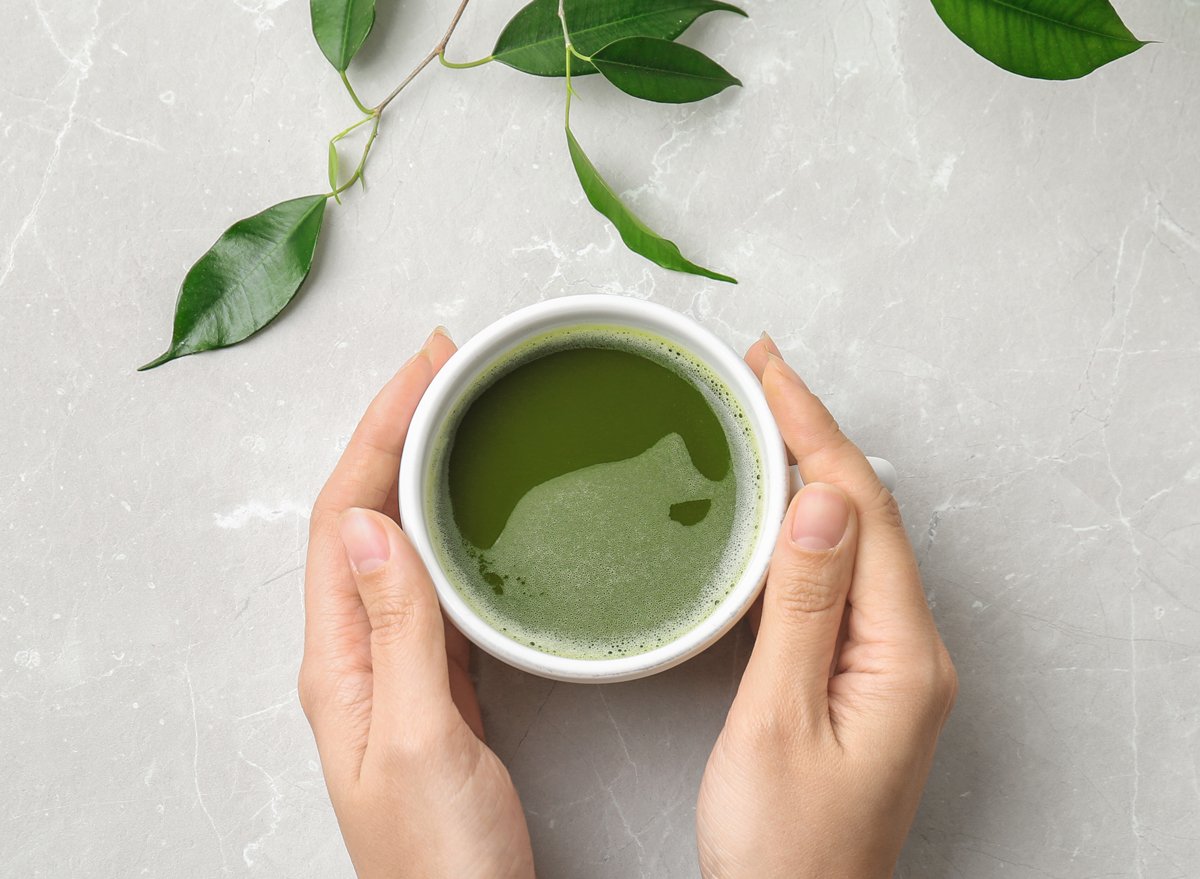Green tea is prepared by steaming fresh leaves of the Camellia sinensis plant at high temperatures and then drying them. For most people, green tea has almost become synonymous with weight loss. There is no denying the fact that it is the healthiest beverage available these days, but excess consumption of it comes with some side effects.

Let’s get into the health benefits of green tea.
- Prevents cell damage
The tea leaves are loaded with polyphenols (30% by weight). Polyphenols are micronutrients in plants that have multiple health benefits. They help in reducing inflammation and fighting cancer. A large amount of EGCG (Epigallocatechin Gallate), catechin (natural antioxidant) is present in green tea. This gives medicinal properties to green tea. Catechins can reduce the formation of free radicals in the body, thereby preventing cell damage.
- Improves the functioning of the brain
Caffeine is the chief component of Green tea. It acts as a stimulant for the body. The amount of caffeine in green tea is enough to produce a response without giving a feeling of anxiousness. Caffeine accelerates the firing of neurons and increases the concentration of neurotransmitters such as dopamine and norepinephrine by blocking an inhibitory neurotransmitter known as Adenosine. This improves mood, memory, alertness, etc.
- Improves energy levels and increases fat burning
Several studies have proven that green tea increases the burning of fat (especially abdominal fat) and metabolic rate. Hence, it helps in reducing weight. The presence of caffeine improves the energy levels of the body. Caffeine causes the mobilization of fatty acids from the fatty tissues so that they could be used as an energy source.
- Improves dental health
The catechins-rich green tea has been proven to inhibit the growth of various harmful mouth bacteria like Streptococcus mutans. This bacteria is associated with the formation of plaque, the development of cavities, tooth decay, etc. The antioxidants of green tea could also inhibit the activity of the influenza virus, thereby giving protection against various infections.
- Lowers the risk of type 2 diabetes and cardiovascular disease
Type 2 diabetes is marked by elevated blood sugar levels in the body. Multiple studies show that green tea can reduce sugar levels in the blood and can reverse insulin resistance. Green tea decreases the total and LDL cholesterol in the body. It also prevents the oxidation of LDL particles which paves way for several heart diseases.

Note: Putting milk in your green tea could reduce its antioxidant value.
Side-effects of green tea
Generally, green tea has little or no known side effects. It is just that one has to keep in mind the amount of green tea he/she is gulping. Excess of it could lead to sleep problems, headache, diarrhea, tremor, heartburns, etc. Nursing women should avoid drinking an excess of green tea as the caffeine present in it passes into the breast milk and could affect the infant. About 2 cups in a day are possibly safe for them. People suffering from hypertension should not consume green tea in excess. It can increase blood pressure.



